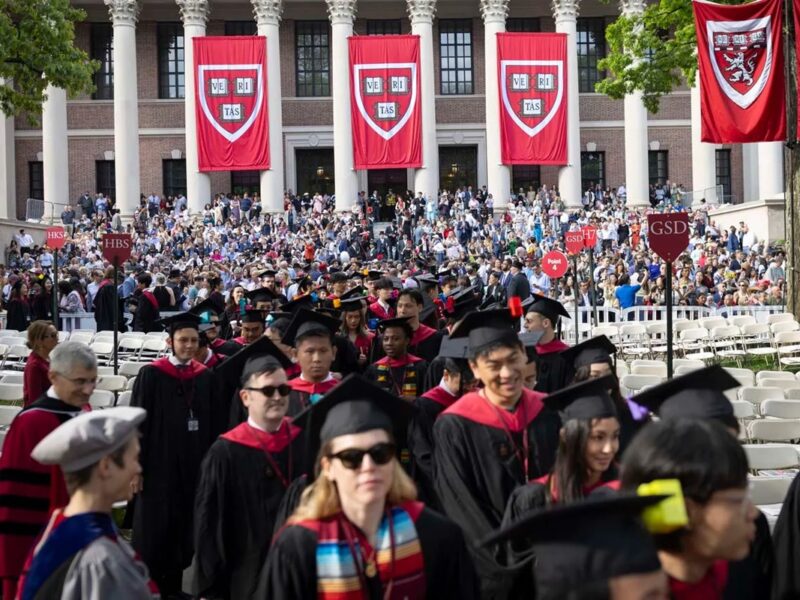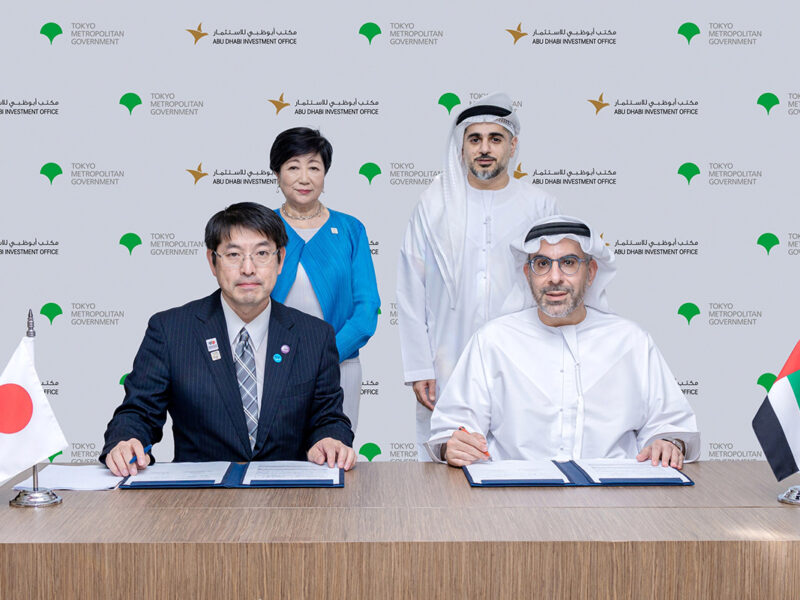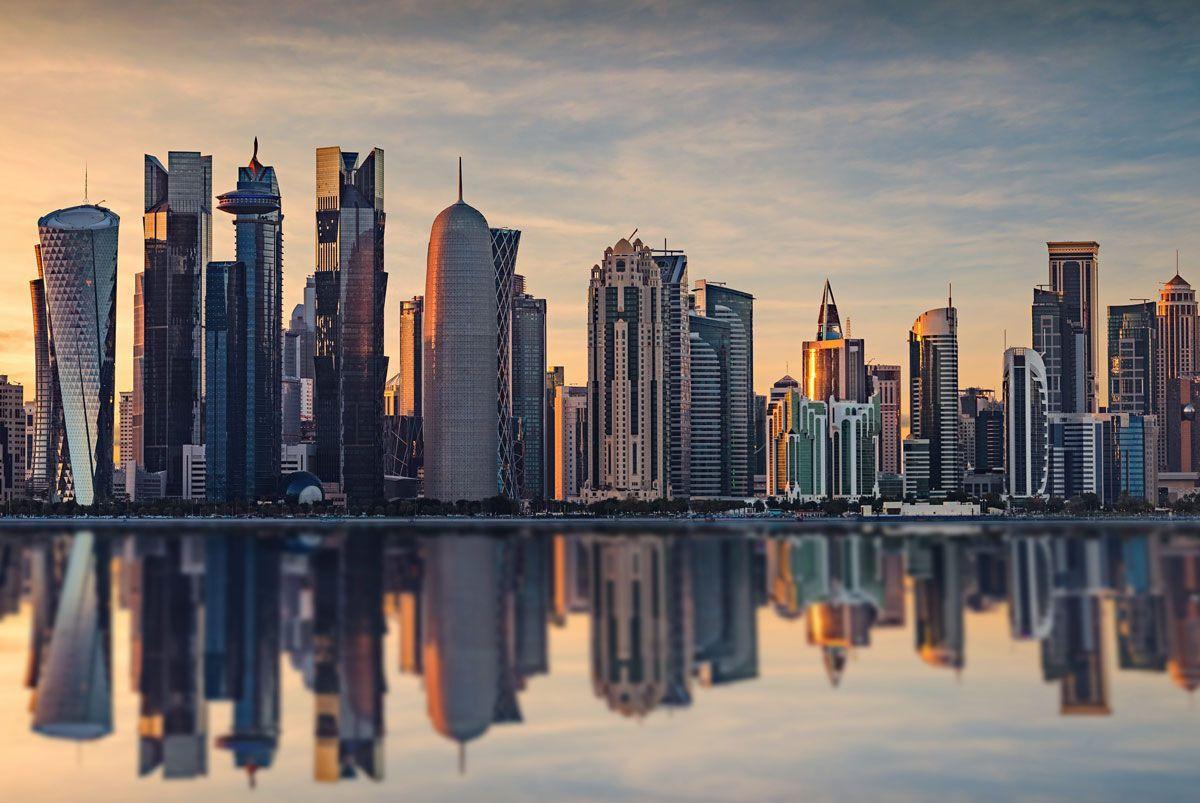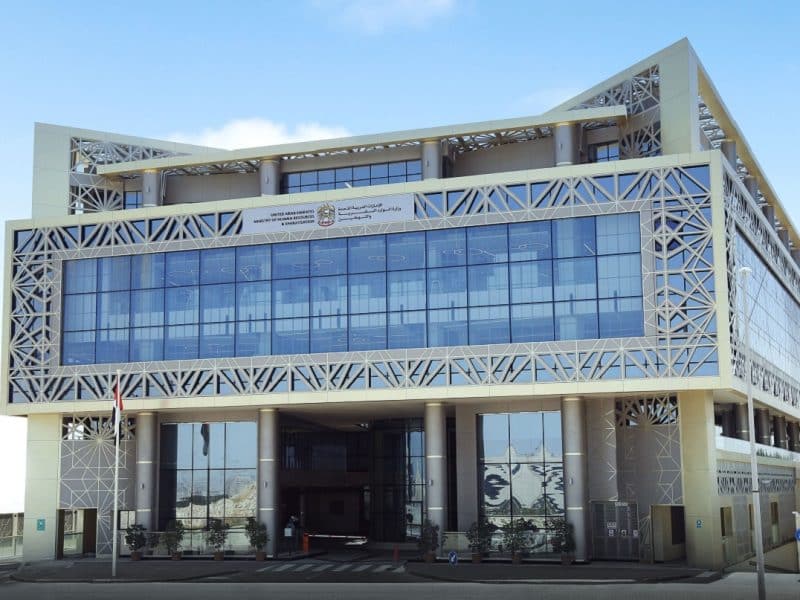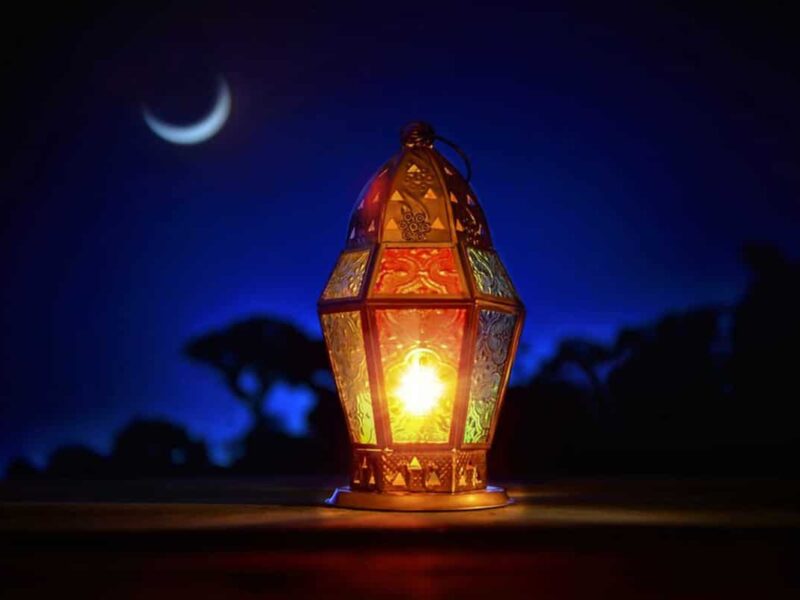As a critical deadline in the boycott of Qatar nears, Egypt’s stake looms larger than it may seem.
Bahrain, Egypt, Saudi Arabia and the UAE say they are targeting Qatar above all because it funds and supports terrorism. On the list of 59 individuals they have provided as evidence, 26 are Egyptian citizens.
An analysis of those named suggests the dispute is as much about Qatar’s support for the Muslim Brotherhood since the 2011 Arab Spring as it is about its backing of international terrorist organisations such as al-Qaeda that target the West. There are no ISIL members among the names.
The Muslim Brotherhood, a diffuse and divided group that defies easy classification as a militant movement, is not labelled as a terrorist organisation in the US or Europe. The Egyptian government, however, has spent the past four years trying to crush it, saying it embodies the dangers of political Islam.
Prominent Preachers
Of the Egyptians named, one – Mohammed Shawqi Islambouli, a leader of the Gamaa Islamiyya terror group – is sanctioned by the US Several others are prominent Muslim Brotherhood preachers who have supported violence, such as Al Jazeera broadcaster Sheikh Yusuf al-Qaradawi and Wagdy Abdelhamid Ghoneim, who left Qatar for Turkey in 2014. Other names are unknown to terrorism experts, but are identified in Egyptian media as Muslim Brotherhood.
“Egypt has been dreaming for this moment, where the Saudis and everyone else is applying pressure on Qatar,” according to Mokhtar Awad, a research fellow at George Washington University’s Program on Extremism, because “Qatar has been consistently undermining the Egyptian regime.”
Qatar, one of the world’s wealthiest nations, was the main financial backer for the Muslim Brotherhood-dominated government that won election in Egypt after the former dictator President Hosni Mubarak was toppled in February 2011. When General Abdel Fattah El-Sisi seized power in a military coup two years later, he declared the Brotherhood a terrorist organisation and jailed its leaders. Security forces killed more than 1,000 Brotherhood supporters and imprisoned thousands more.
Offered Sanctuary
Some who escaped the crackdown found refuge in Qatar, which also gave them a powerful media platform from which to attack El-Sisi, now Egypt’s president. One of the more concrete demands made of Qatar to end the standoff is to close Al Jazeera, the Arab world’s most watched satellite news channel. A deadline to meet those demands, which include ending alleged sponsorship of extremist groups, expires next week.
Those who financed terror “to destroy our nation and those of others, we won’t forget them and we won’t forgive them,” El-Sisi said in a recent speech. He didn’t specify any nation.
Qatar, whose air, land and sea links with the boycotting nations were severed at the beginning of the month, says it is active in trying to shut down terrorist financing.
The Muslim Brotherhood organisation renounced violence in the 1970s, but since Egypt’s July 2013 coup, disaffected former members have formed radical splinter cells that have carried out assassinations and car bomb attacks against security forces and judges in the Sinai peninsula, Cairo and other city centres.
Destabilising Factor
“These actors are embedded in the heart of the country and they are able to destabilise,” said Awad. “They pose a more realistic threat of overthrowing the government than al-Qaeda or ISIL ever can with their campaigns in the Sinai.”
Qatar also continues to support Hamas, the Muslim Brotherhood offshoot based in the Gaza Strip that has conducted militant campaigns against Israel.
The UAE and Saudi Arabia also fear the destabilising potential of the Muslim Brotherhood, an organisation that has grassroots support and no love for the region’s monarchies.
“One of Qatar’s most overt connections to Islamic extremism is its support for the Muslim Brotherhood,” says a fact sheet distributed to journalists by the Saudi embassy in Washington. “Through the Muslim Brotherhood, Qatar has attempted to undermine Jordan, Egypt, Saudi Arabia and Bahrain.”
Saudi Arabia and the UAE have replaced Qatar as Egypt’s principal donors since the coup that dislodged the country’s Muslim Brotherhood president, Mohammad Morsi.

